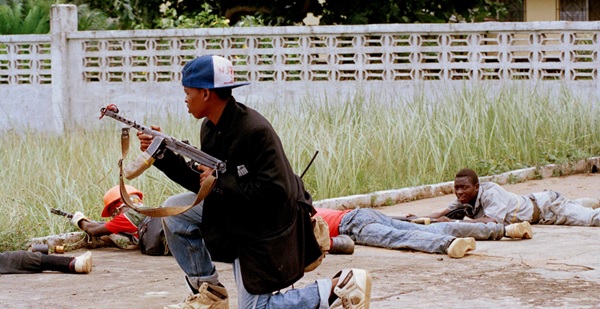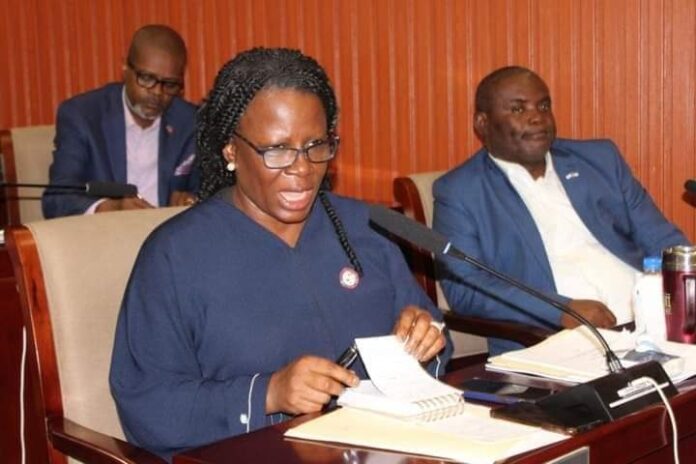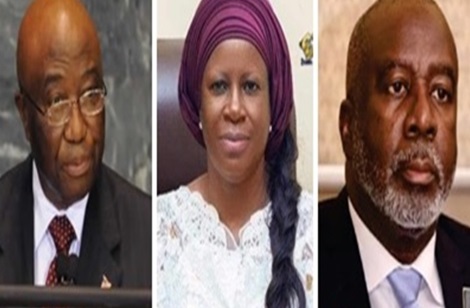Liberia stands at a pivotal juncture in its journey towards reconciliation, healing, and justice. In the aftermath of years of brutal civil conflict, the establishment of a War and Economic Crimes Court is not merely an option but a moral imperative. It is a critical step towards addressing the atrocities committed during the country’s dark chapter and fostering a culture of accountability and respect for human rights.
The scars of Liberia’s civil war (from 1989 to 2003) run deep, with countless lives lost, families torn apart, and communities ravaged by violence and impunity. The horrors of war crimes, including massacres, rape, torture, and forced conscription, continue to haunt survivors and undermine efforts to build a peaceful and prosperous society.
Against this backdrop, the call for accountability resonates loudly. The establishment of a specialized court dedicated to prosecuting war crimes and economic crimes sends a powerful message: impunity will no longer be tolerated, and perpetrators will be held accountable for their actions, regardless of their position or influence.
Critics may argue that pursuing justice risks reopening old wounds and destabilizing fragile peace efforts. However, the pursuit of justice is not incompatible with reconciliation; rather, it is a prerequisite for sustainable peace. By addressing the root causes of conflict and providing closure to victims, a War and Economic Crimes Court can contribute to long-term stability and reconciliation.
Moreover, accountability is essential for building trust in Liberia’s institutions and fostering a culture of respect for the rule of law. It sends a clear signal that no one is above the law and that justice will prevail, regardless of political affiliations or connections.
The establishment of a War and Economic Crimes Court also aligns with Liberia’s international obligations and commitments to uphold human rights and the principles of justice and accountability. It demonstrates Liberia’s willingness to confront its past and build a future based on the rule of law and respect for human dignity.
However, the road to establishing such a court is fraught with challenges. It requires political will, institutional capacity, and adequate resources. Liberia must navigate complex legal and logistical hurdles while ensuring the protection of witnesses and the rights of the accused.
Furthermore, the establishment of a War and Economic Crimes Court should be accompanied by comprehensive transitional justice mechanisms, including truth-telling, reparations, and community-based initiatives. These measures are essential for addressing the broader legacy of the conflict and promoting reconciliation and social cohesion.
In conclusion, the establishment of a War and Economic Crimes Court for Liberia is not only a legal obligation but a moral imperative. It is a crucial step towards addressing past injustices, promoting accountability, and building a more peaceful and prosperous future for all Liberians. As Liberia continues its journey towards reconciliation and healing, the pursuit of justice must remain steadfast, guided by the principles of truth, accountability, and respect for human rights.







